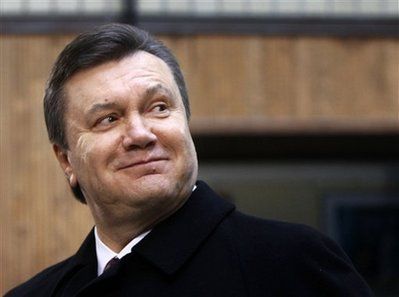 I just spent a week in Ireland and though I have but one Irish grandmother, I did feel comfortable with the country, some familiarity with its people.
I just spent a week in Ireland and though I have but one Irish grandmother, I did feel comfortable with the country, some familiarity with its people.Even if we did not look the same, they did seem to be relatives of some kind. There was some intimacy there, some immediacy to the Irish. And then I took two planes and landed back in Eesti.
As soon as I arrived, I knew that I was not of this place. When I sat among Estonian passengers on the flight back to the mosquito coast, when I chatted up the cab driver on the ride back to my home, I knew the language, the surroundings well, but felt intrinsically that these people were nemad, them, and I also knew that I was not like them, even if I am married to one of them, and even if my daughters are two of them. To be a bit more specific -- this doesn't mean that I look down or up at them; I merely acknowledge their difference. And I started to wonder about these instinctive ideas of us and them and what roles they play in today's Europe.
While Estonians are them to me, I started to wonder if they were meie, "us," to others. And who were these others. Estonians are foreign to Italians, foreign to Irish. But to Swedes and Finns? Even if they care not to advertise, it's hard for those who have come here and spent time among the Estonians to look at the locals and not feel a familiarity with the place. For Finns, this is perhaps the only place in Europe outside of their homeland where they can speak their native tongue and be kind of understood. And how about the Germans, who come expecting little Russia and wind up feeling like they've come across some Twilight Zone version of Schleswig-Holstein? Indeed, for a lot of northern Europeans, Estonians are "one of us," and this sense of kinship may have played a subtle role in the fate of Estonia.
I recall how then Latvian Foreign Minister Maris Riekstins at the Lennart Meri Conference a few years ago remarked that any application by Iceland or Norway for European Union membership would likely be fast tracked, while interest from Georgia or Ukraine for European integration would always be looked upon officially with polite openness, but privately with intense skepticism. I have to ask, was it really geopolitics, or was it something else that drove such attitudes? Is Europeanness more than just democracy, rule of law, and historical coincidence? Or does it have to do with German lawmakers meeting their Estonian counterparts and coming away feeling that the Estonians are a chip off the old block? Is it really possible for Nordic decision makers to look at, say, the Icelanders and the Georgians the same way? Is it possible for them to construct the Georgians as an "us" and keep the Icelanders as a "them"?
Of course, the Estonians share kinship with the Russians too, but it's a precarious relationship given the status of Finno-Ugric minorities in the Russian Federation. Russians can appeal to common Finno-Ugric roots, but the Estonians feel a tinge of sadness, for in their eyes, the Russians with a Finno-Ugric past have lost the one thing that continues to define the Estonians' image of themselves as a separate nation: the language. So there will be no warm embrace. Yet again, kinship plays a role. And this is not just information gleaned from some ethnology course. This is the process of looking at someone, spending time in their company, and deciding that, by some stretch of the imagination, they are family.
But for me, as close as I get to the Estonians, I still know that we are different. I know that they are, to put it simply, a them. I wonder though how foreigners with Estonian roots feel when their plane touches down in Eesti. Do they feel like they have landed in a foreign country? Or do they feel that they have finally arrived home?


